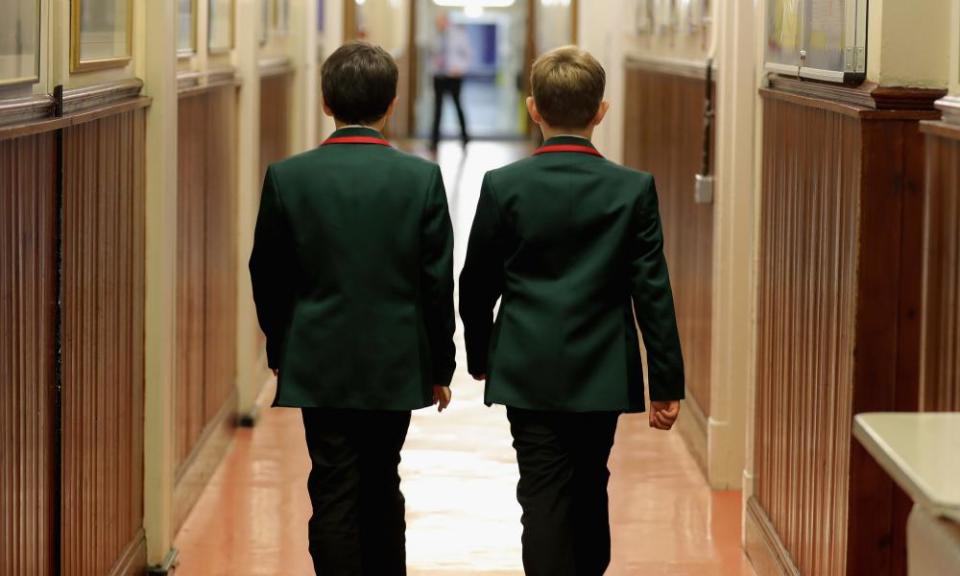Grammar school pupils 'gain no social or emotional advantages' by age 14

Grammar school pupils gain no social or emotional advantages by age 14 over children who do not attend a selective school, a study suggests.
The research by University College London (UCL) is the latest to call into question the government’s plans to expand selective state education, which have been fiercely opposed by educationalists and policymakers.
Recent studies have suggested that grammar schools only outperform their non-grammar peers academically because they select well, rather than because they add value, and do not increase social mobility.
Researchers from UCL’s Institute of Education took a novel approach, examining a range of social and emotional outcomes important to parents and children when choosing a school. They concluded that attending a selective state school had no positive impact upon teenagers’ attitudes towards school, self-esteem, aspirations or their English vocabulary.
Lead author Prof John Jerrim said: “You have to question the wisdom of expanding grammar schools, putting the extra resources in when actually it doesn’t seem to have any positive benefits. When you don’t see it’s actually having that much impact, not only on academic achievement, but on various [other] parts of people’s lives I would say stick to the status quo.”
The researchers analysed 733 children in Northern Ireland, where grammar schools remain widespread, and 883 children in England from the Millennium Cohort Study (MCS). The children had similar academic achievements at primary school and came from families with similar incomes and education levels.
Cognitive abilities were assessed on the basis of tests children had taken in English, mathematics, verbal and non-verbal reasoning at ages three, five, seven and 11 as well as a vocabulary test at age 14. Children’s social and emotional wellbeing were based on answers to questionnaires at ages 11 and 14 about mental health, engagement at school, wellbeing and interaction with peers.
For both the English and Northern Irish pupils, there was no evidence that grammar school children were more engaged in their school work, more likely to expect to go to university or have superior English vocabulary skills than their non-grammar peers.
The only outcome with a marked difference was self-esteem, which actually proved to be worse among grammar school pupils. The authors posit that this may be a result of the “big fish, little pond” effect, whereby grammar school pupils’ confidence is dented by being among other high(er) achievers.
The self-esteem findings also suggest that the confidence of children who do not get into a grammar is not greatly affected in the long term, contrary to what many opponents of selective education believe.
“It (the 11+) is probably not the make or break that parents and children think at the time – it actually doesn’t make that much difference,” said Jerrim.
The Nuffield Foundation-funded research, published on Wednesday, comes less than a fortnight after the government announced a controversial £50m expansion fund for grammar schools that was seized upon by opponents of the policy.
“How long can the government continue to ignore the evidence?” asked Melissa Benn, chair of the Comprehensive Future campaign group. “Will it now call a halt to its often sneaky plans for expansion of selective education?”
Both Labour and the National Education Union said the study proved the money would be better spent elsewhere.
“This is simply the latest evidence that the prime minister’s pet project of grammar school expansion will fail even on its own terms,” said Angela Rayner, the shadow education secretary.
A Department for Education spokesman said pupils from disadvantaged schools achieve better results in selective schools and 98% were rated good or outstanding.
He added: “We want more children from all backgrounds to have access to a world-class education, which is why all selective schools applying for funding to expand must not only be good or outstanding, but must also make clear how they will increase their intake of disadvantaged pupils and work with local non-selective schools to improve outcomes for pupils of all backgrounds.”

 Yahoo News
Yahoo News 